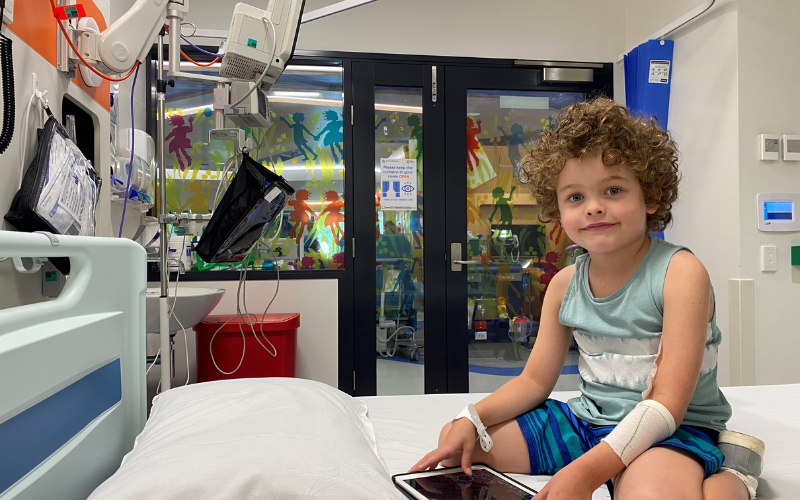Search

News & Events
Visit our Discovery Centre in the holidaysBeat the heat these school holidays by visiting the The Kids Discovery Centre.v

Everything you need to know to book an excursion at the The Kids Discovery Centre.

Leading the fight against Antimicrobial Resistance (AMR) in Western Australia.

News & Events
New treatment option for West Australians with cystic fibrosis one step closer thanks to generosity of Conquer Cystic FibrosisAccess to phage therapy, a treatment option for antibiotic resistant superbugs, is now one step closer for people with CF in WA thanks to a $500,000 donation from Conquer Cystic Fibrosis to the Wal-yan Respiratory Research Centre.

News & Events
World-first study shows increased atmospheric CO2 levels damage young lungsAustralian researchers who have conducted the first study looking at the direct health impacts of predicted carbon dioxide levels say the results are worrying and highlight the urgent need for more research into the issue.
Research
COMBAT CF: A phase 3 multi-centre randomized placebo-controlled study of azithromycin in the primary prevention of radiologically-defined bronchiectasis in infants with cystic fibrosis.A phase 3 multi-centre randomized placebo-controlled study of azithromycin in the primary prevention of radiologically-defined bronchiectasis in infants with cystic fibrosis

News & Events
Reducing the asthma burden: generous grant secured to develop world-first treatmentResearchers developing a world-first treatment that targets an underlying cause of asthma have secured a $499,640 grant from the Future Health, Research and Innovation Fund – Innovation Seed Fund.

We’ve linked some helpful resources to assist you in your journey to healthy screen time habits in and outside of your household.

Each year, 11% (15 million) of the world’s babies are delivered before 37 weeks’ gestation.
